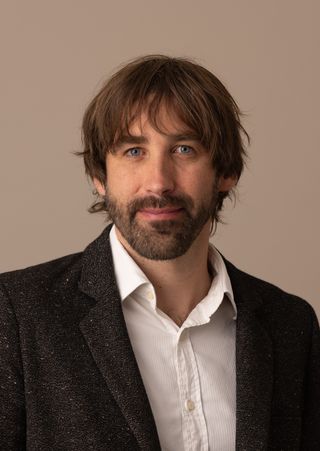The Conversation
By Aaron Nyerges
Maya Angelou has died. The world has rushed to decide on what to call her, on how to calculate her immeasurable legacy. The list of nouns applying to her career is endless: memoirist, activist, hip-hop inspiration, actor, dancer, film-maker, professor, and so on. I suggest we remember her as poet.
The English Romantic Percy Shelly defended the public role of poets by calling them “unacknowledged legislators of the world“. Occasionally, still today even, they do rise to an occasion that acknowledges them as that. Angelou was such a poet.
In January 1993 when she recited On the Pulse of the Morning at the inauguration of President Clinton, she became the second poet invited to speak an a presidential inauguration, thirty years after Robert Frost read The Gift Outright at John F. Kennedy’s invitation.
Angelou recites On the Pulse of the Morning.
Though she’s one of only two people to have recited verse at America’s highest public ceremony, she connects back to an ancient tradition where the voices of Greek and Latin poets coincided with the most socially valued public ceremonies.
As a black American woman, Angelou had to endure more destructive forces than most in rising to such an honoured occasion. Her 1978 poem Still I Rise describes the adversity clearly:
You may write me down in history With your bitter, twisted lies, You may tread me in the very dirt But still, like dust, I’ll rise.
She goes on to conclude:
Bringing the gifts that my ancestors gave, I am the dream and the hope of the slave. I rise I rise I rise.
The gifts that poet-legislators bring to the highest podiums in the land are doubly important when they are given despite of the heinous legacy of transatlantic slavery. As the black American philosopher W.E.B. Du Bois wrote at the beginning of the 20th century:
Our song, our toil, our cheer, and warning have been given to this nation in blood-brotherhood. Are not these gifts worth the giving? … Would America have been America without her Negro people?
The answer for Du Bois and those who have contemplated his question is that America would not be America if it weren’t for Africa, making the contemporary term “African American” seem redundant.
Maya Angelou’s presidential poem On the Pulse of the Morning is therefore not interested in who we are or what we call our self but what voices in the world we listen to, which of its questions we seek to answer.
She encourages us to listen to the voice of the planet, to pay attention to its deep geological lessons. Alluding to extinction and the fossil record, she asks us to hear the call of non-human things, the Rock, the River, the Tree. On the day of inauguration she said, “the Rock cries out to us, clearly, forcefully".
If poets are indeed advocating for a yet-unacknowledged world, they do so by hearing the voices of things most people don’t take the time to hear speaking. She goes on:
There is a true yearning to respond to The singing River and the wise Rock. So say the Asian, the Hispanic, the Jew The African, the Native American, the Sioux, The Catholic, the Muslim, the French, the Greek The Irish, the Rabbi, the Priest, the Sheik, The Gay, the Straight, the Preacher, The privileged, the homeless, the Teacher. They hear. They all hear The speaking of the Tree.
Again, here, the point of so many nouns, so many associative identities, is that we frequently take time to decide what to call ourselves and how what we call ourselves and do with ourselves is different than what others might call themselves or do with themselves - but what we share is a yearning, a need to respond to the call, to the clear voice of the world that shares itself with us.
Maya Angelou’s role as poet asks us not to look at her legacy and say a somber vale. Instead, she’d ask us to listen to our environment, to our neighbours, to look out across our country,
And say simply Very simply With hope Good morning.
This article originally appeared in the The Conversation.



